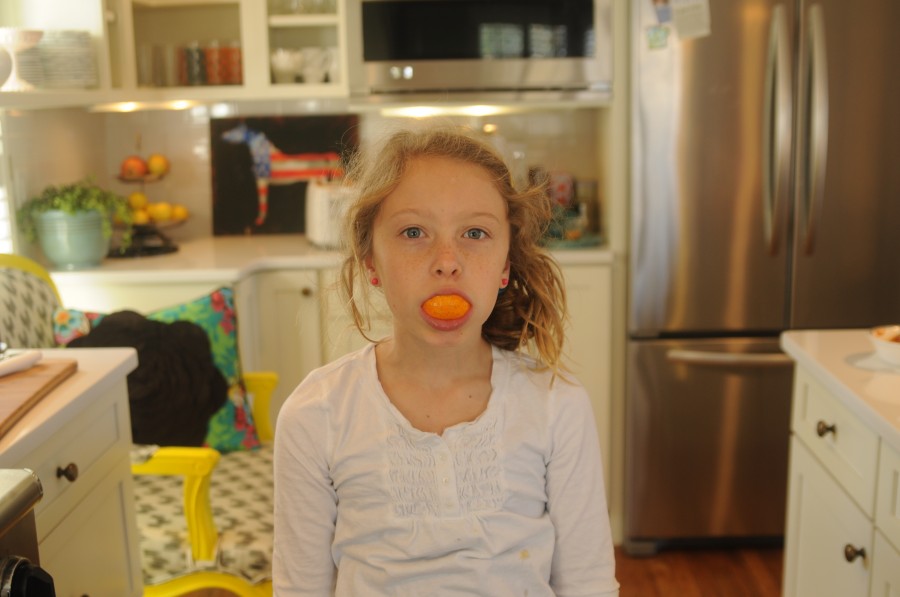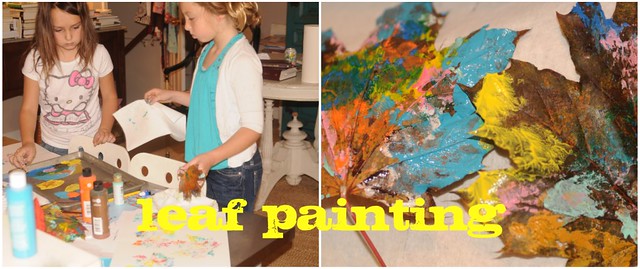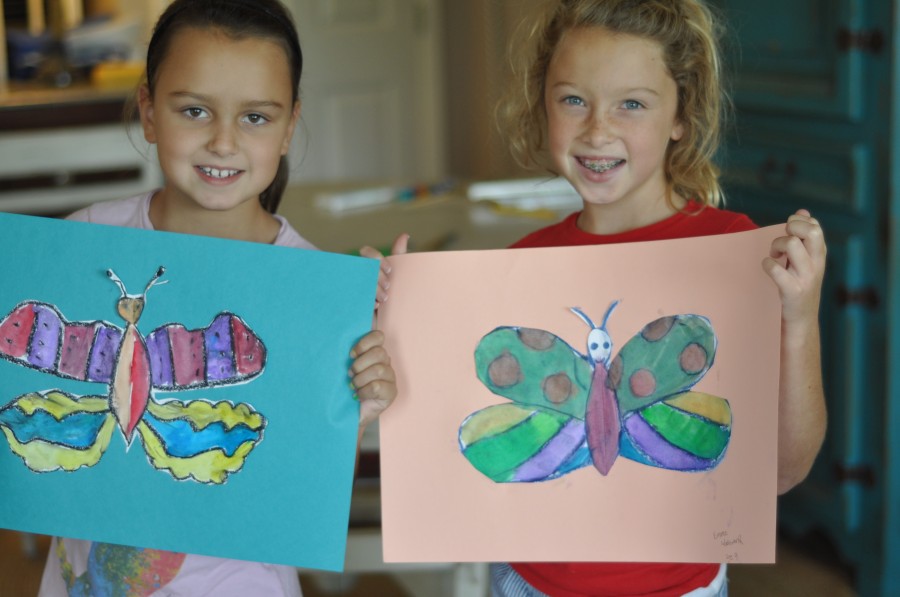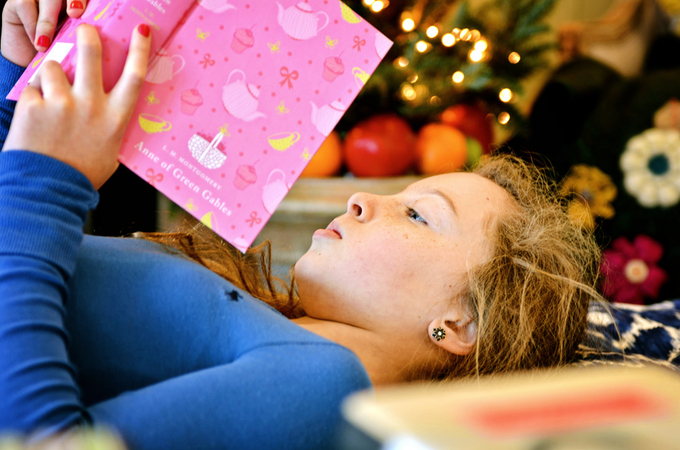
I’ve been meaning to do this post since September. A lot of you have asked about our curriculum and though it hasn’t changed drastically since the beginning, I do tweak it every year in a effort to find what best suits my girls and their learning styles and our classical education goals.
This is our fourth year at home, learning together. It has gotten progressively easier every year, partly because I’m more confident about what we’re doing but mostly because my girls are older and easy to teach. It took me FOREVAH to do this post so I sure hope it helps some sweet poor soul who’s trying to figure out this whole homeschooling thing 🙂
Bible
Lectionary/Small Catechism/Church Festivals
Our church follows the 3 year lectionary and we are currently on Series B. I print the readings for the year so that we are able to read the next Sunday’s readings at least 2-3 times before church on Sunday. Since we’ve been doing this, I find that the girls pay more attention to the readings and almost always nudge me to remind me that, “Hey, we’ve read that this week.” We also read about/talk about the church festivals on the day they occur. St. Lucia day was December 13 and the girls and I made crowns of light and Santa Lucia rolls. January 18th was the festival of the Confession of St. Peter so we talked about the importance of Peter’s confession for the church. Issues Etc. is very helpful in this regard because they also follow the church year and have several years of podcasts on the various church festivals. We talk about the current ‘season’ of the church year (currently Epiphany) and how that season reflects something unique about the life and work of Christ. We’re also STILL memorizing the Small Catechism. We take one portion each year or semester and memorize it/talk about it/study it. We are currently finishing up on the Lord’s Prayer petitions.
We’ve done Old Testament stories twice and New Testament stories twice so I’m thinking of doing church history next year. I’d love your thoughts on Bible curriculum, especially as your children age and are ready for more ‘meat’.
Memory
Poetry/Scripture/Historical Documents/Lists
I’ve written about my passion for memory work before. We spend about 30-40 minutes per day on memory work—most of that time on learning new memory. But we also continue to review things we learned in our first 3 years of homeschooling. I know my girls get tired of it sometimes but we have a huge notebook of works we’ve memorized over the past four years and it’s one of the few subjects where there’s instant, tangible evidence that we’re learning great stuff. We are usually working on 4-5 new pieces at one time along with a comprehensive history timeline that spans the ancient Isrealites through current times. It has 170 events (corresponding to the Veritas history cards) and sometimes seems daunting. However, we will repeat it every year and as we get to those topics in history and Bible, the timeline will come alive and be ‘pegs’ on which to hang more information. “The destruction of Jerusalem by Rome, 70 AD” may not mean that much to them right now. But when we get to that story in history, it won’t be the first time they’ve heard it and they will understand it better as it relates to the history of the Romans and the Jews. I LOVE the timeline. This little video clip will give you a ‘feel’ for the timeline and how it CAN be done, despite the fact that there are lots of dates and people and events.
We try to coordinate our memory work with things we’re studying in history, science, math, and Bible. So far this year, we’ve memorized:
The Midnight Ride of Paul Revere
Stopping By Woods on a Snowy Evening
After the Party
The Cow
A list of the 13 colonies
The Presidents
The States and Capitals
Solitude by Ella Wheeler Wilcox
Romans 8:18-39
George Washington by Stephen Vincent Benet
Concord Hymn by Ralph Waldo Emerson
Pater Noster (Lord’s Prayer in Latin)
The World is too Much With Us by William Wordsworth
Introduction to the Declaration of Independence
The Children’s Hour by Henry Wadsworth Longfellow
Santa Filomena by Henry Wadsworth Longfellow
John 1:1-7 in Latin and English
Gettysburg Address
Matthew 5: 1-20
History Timeline
Math
Saxon–We just finished Saxon 5/4 and are starting 6/5.
Literature
The girls spend an hour a day reading their literature books. Books they read so far this year:
Black Beauty
The Voyage of the Dawn Treader
The Silver Chair
The Last Battle
The Secret Garden
The Princess and the Goblin
Anne of Green Gables
Peter Pan
to be read:
The Little White Horse
Anne of Avonlea
The Treasure Seekers
Rebecca of Sunnybrook Farm
The Prince and the Pauper
We also read together at night (Little Women) and they listen to audio books during their quiet time (currently, Hunger Games). We love books. It’s the center of our curriculum. During their reading time, they read aloud to me (usually a page or two) and sometimes I read a few pages to them. We read classical books and I use Ambleside Online along with The Well Trained Mind to furnish us with good book choices and good authors.
Grammar
We’re still using Rod and Staff and I love it. We do a lot of diagramming and a lot of review. They’re finally getting the hang of it!!!! They can predictably find subjects/verbs/direct objects/predicate nouns/predicate adjectives/prepositions/object of prepositions. The hard work is finally paying off! I am passionate that my girls (along with their mother) become proficient at Grammar so I very actively teach it. We don’t do worksheets very often but instead work through most of it on the board together. I’m pretty sure this is why they like Grammar. I hope it continues!
Writing
This is our 2nd year to use Andrew Pudewa’s Excellence in Writing. It’s a great, step-wise program for teaching writing and we use his method (keyword outlines) to write one good paragraph a week based on something from our history or science curriculum. For instance, this week, we studied the Transcontinental Railroad so the girls read a few short paragraphs about the railroad and then made a keyword outline from the reading. The next day, we use the outline to write a paragraph and then use the next day or so to edit the paragraph and add writing elements such as -ly words, strong verbs, ‘which’ clauses, sentence openers, adjectives, etc. On Fridays, I often have the girls give a short oral presentation where they basically recite their paragraph back to me. By the end of the week, they’ve really learned a few key things about a pertinent topic and they get to practice their oratory skills along with their writing and editing skills.
Latin
This is our first year without Mrs. Susan, our Latin tutor and it’s been a learning experience for all of us. I’m very committed to my girls’ learning Latin. I think it’s so valuable for vocabulary building and even for better understanding English grammar. We use Latin for Children and are almost finished with Primer A. We take it slow, usually a chapter a week, and then do lots of review. We memorize prayers and scripture in Latin which helps to reinforce what we’re learning. I’ve been checking into online Latin classes for the future because I’m not sure I can learn it fast enough to teach them. I’m glad I’ve ploughed through it this year though because at least they haven’t lost any ground. I’d LOVE it if my girls were translating famous Latin works by the time they’re in high school. It’s just a good foundation for language of all types and I don’t see us giving it up anytime soon. If you do Latin at home, I’d love to know what works well for you!
French
We use Rosetta Stone and the only thing I provide is the computer and the software. They seem to really like it and do a lesson a day whenever we can fit it in around our other work. It’s very low key but again, I love the exposure to language at an early age.
History
We are still using Story of the World and are on unit four. I can’t wait to start the repeat next year where we start over again with ancient times. I’ve used Mystery of History as a supplement and these wonderful books while studying the Civil War. We often use historical figures as a topic for our writing and our read-alouds. We chose Little Women as our nighttime read because it’s set during the Civil War and we read a biography on Lincoln during that study as well. We do history in the afternoons and call it our ‘fun’ school. We don’t test history but just try to enjoy it. We discuss what we’ve read and I’ll occasionally have them narrate it back to me but usually, we just read and discuss.
Science
We’re doing Jeannie Albright’s Human Anatomy this year and have thoroughly enjoyed it. It’s been a perfect segue for discussing all things ‘body’ with the girls. They’re at the perfect age for it and usually sit spellbound when the topic gets a little juicy. We’ve memorized the bones and have used topics such as digestion for larger writing projects. We also do this in the afternoons and don’t do testing. We really only test Grammar and Math and Spelling at this juncture but we do participate in standardized tests every year so I can see how I’m doing. So far, so good! Enjoy some of our memory work and a little scrapbook of sorts of the girls and their days.

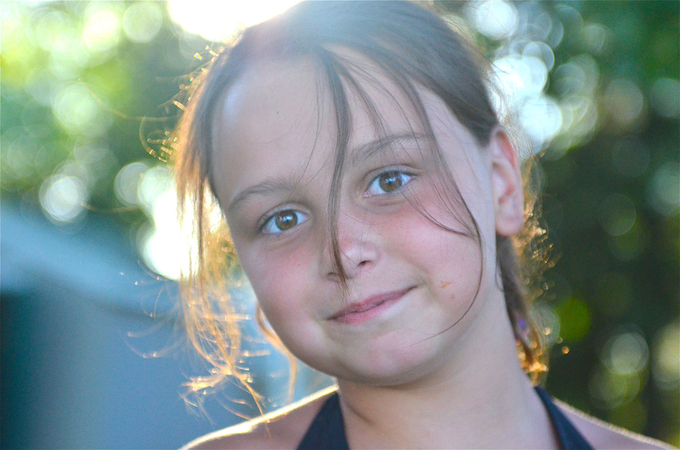
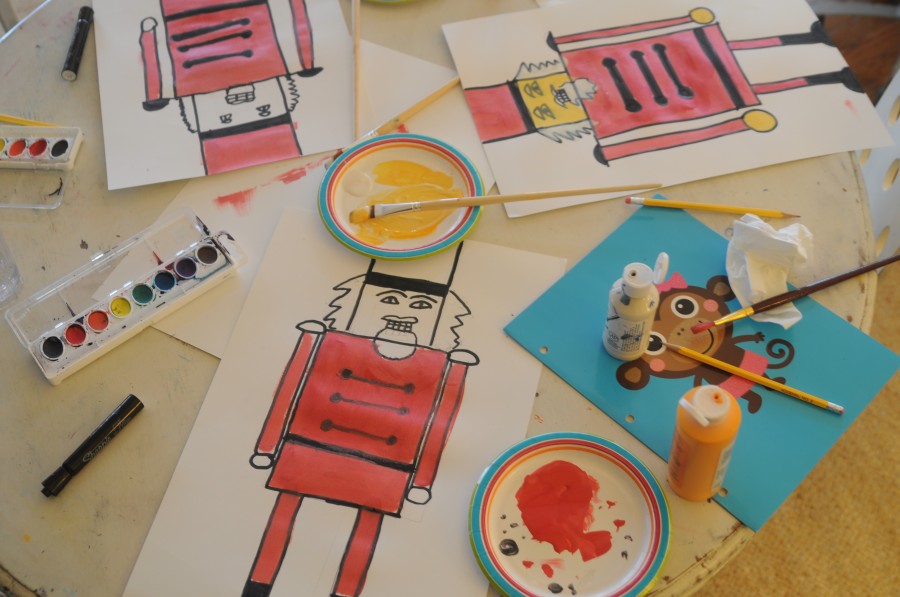
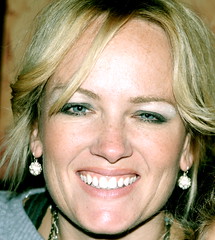
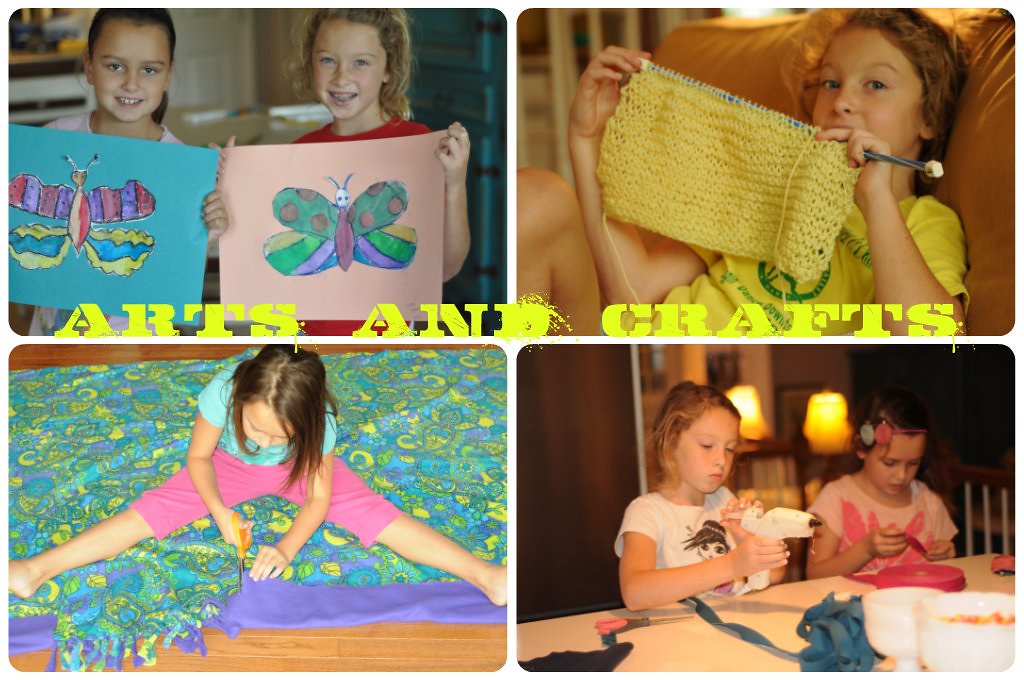
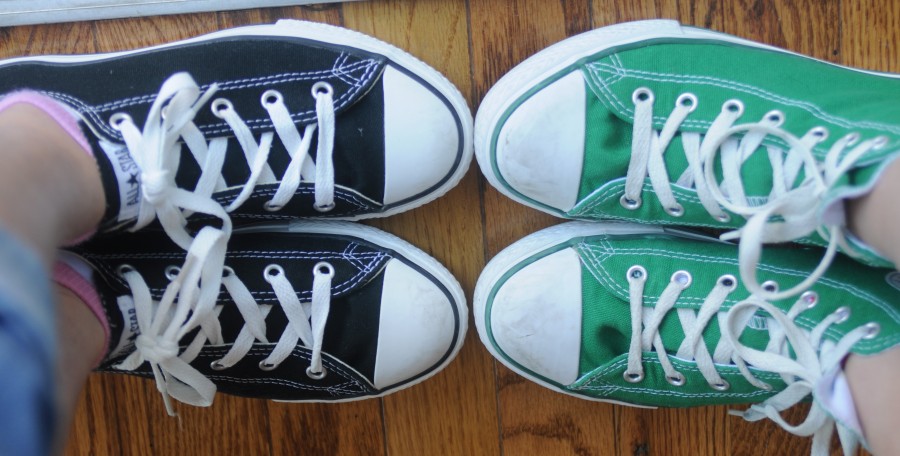
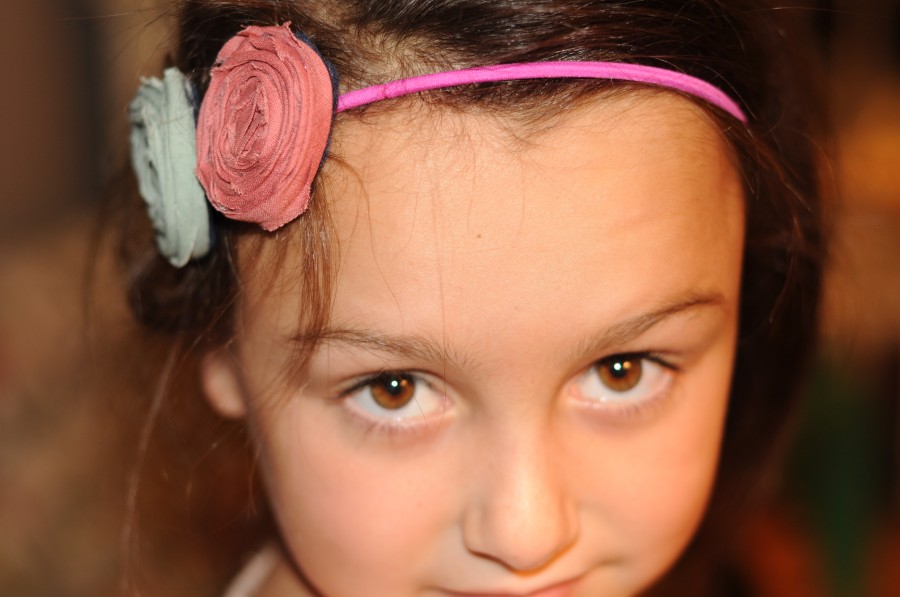 2:30-3:30 Grammar and Science
2:30-3:30 Grammar and Science